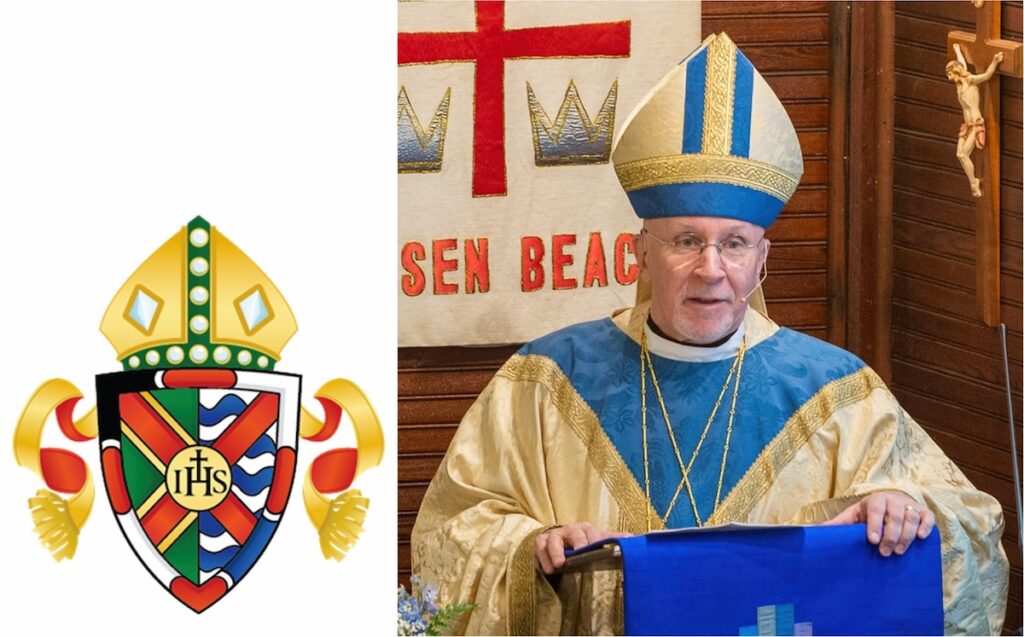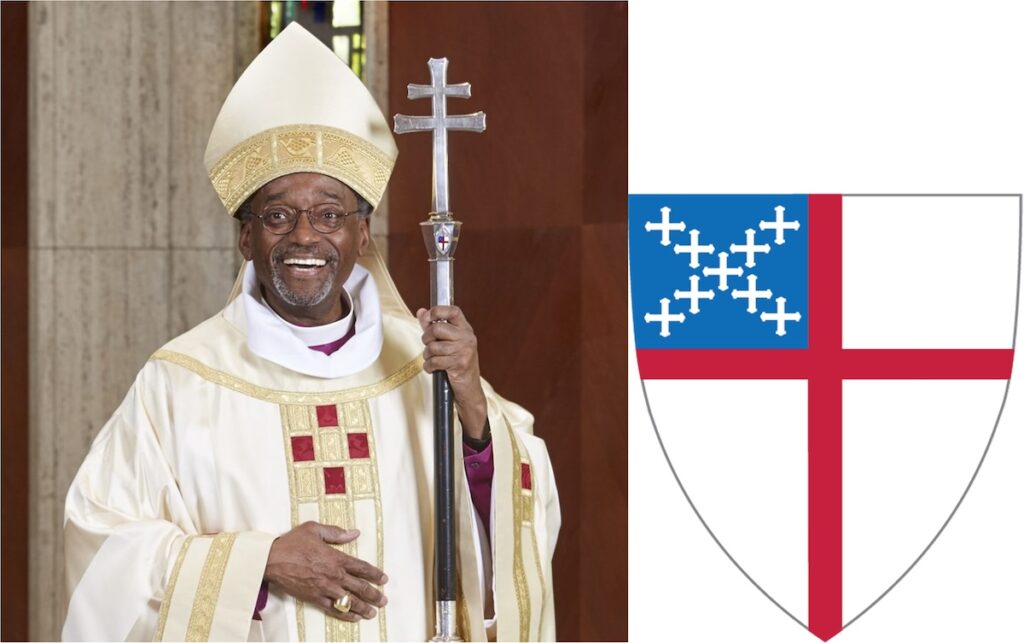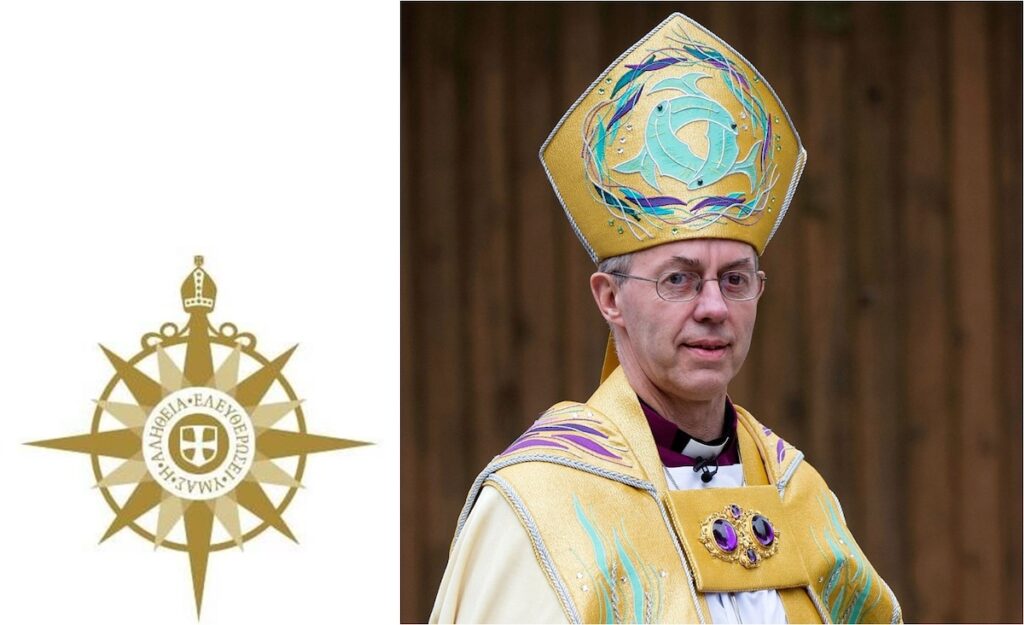Founded in 1969, the Episcopal Church in Southeast Florida remains a pillar of faith in our community. It welcomes people of all walks of life to join our churches, schools, and communities to strengthen and deepen their relationships with Jesus Christ. Under the guidance of Bishop Peter Eaton, the Diocese is home to 76 churches, 18 schools, and 33,000+ parishioners throughout six (6) regions including the Keys, North and South Dade, Broward, and North and South Palm Beach.


Comprised of 108 dioceses and three mission areas in 22 countries or territories, the Episcopal Church in the United States welcomes all who worship Jesus Christ. With about 1.5 million members, the mission of the church, as stated in the Catechism of the Book of Common Prayer, is “to restore all people to unity with God and each other in Christ.” As the Episcopal branch of the Jesus Movement, we “… follow Jesus into loving, liberating, and life-giving relationships with God, with each other, and with the earth.”
The work of the church is led by the current Presiding Bishop, The Most Reverend Michael Curry, and is carried out by our core ministries of evangelism, racial reconciliation, and creation care, along with other mission and service opportunities.
The Anglican Communion is one of the world’s largest Christian denominations with 85 million members in 42 autonomous and independent-yet-interdependent national, pan-national and regional churches in communion with the Diocese of Canterbury. These churches adhere to the teachings of Anglicanism that evolved from the Church of England.
The Archbishop of Canterbury, who is currently the Most Reverend and the Right Honourable Justin Welby, acts as a focus of unity, and is recognized as primus inter pares (“first among equals”). However, there is no central authority in the Anglican Communion, which means that all provinces are autonomous and free to make their own decisions. Such decisions are guided by recommendations from the four Instruments: The Archbishop of Canterbury, the Lambeth Conference, the Primates’ Meeting, and the Anglican Consultative Council.
